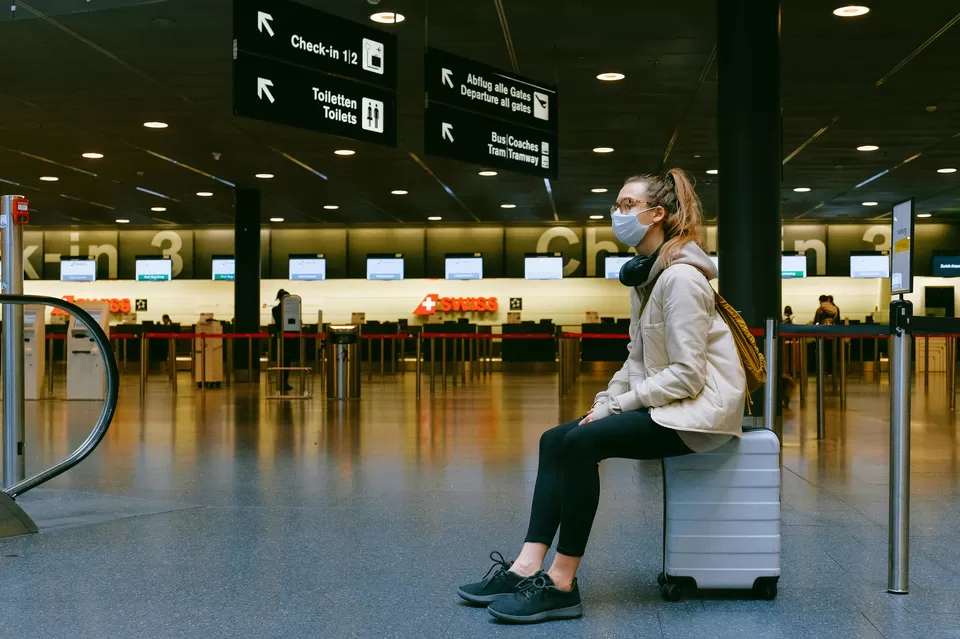
As global anxieties surrounding the spread of monkeypox (Mpox) continue to mount, India has swiftly responded with an array of preventive measures aimed at safeguarding its borders and citizens.As per news, the Indian government has issued a high alert across all major entry points into the country, including airports, seaports, and borders shared with Bangladesh and Pakistan. This heightened level of surveillance is designed to meticulously monitor incoming international passengers, searching for any signs of Mpox as the virus continues to gain traction worldwide.

What's in it for travellers?
Travellers arriving from abroad now find themselves under the watchful eyes of health officials as they disembark from planes or cross into India by land or sea. This proactive approach is part of a broader strategy by the Centre to ensure that any potential cases of Mpox are detected and contained before the virus has a chance to spread within the country. The message is clear: India is not taking any chances when it comes to protecting the health of its population.
For those journeying through the bustling metropolis of Delhi, three of the city's most prominent hospitals have been identified as the primary centres for Mpox management. Ram Manohar Lohia Hospital, Safdarjung Hospital, and Lady Hardinge Medical College have been designated as the key facilities where any suspected Mpox cases will be isolated, managed, and treated. These hospitals are set to function as nodal centres, ensuring that Delhi remains at the forefront of the fight against this emerging health threat.

Travellers and residents alike can rest assured that these hospitals are fully prepared to handle Mpox cases, thanks to their extensive resources and experienced medical staff. The rapid identification and isolation of Mpox cases at these facilities will play a critical role in preventing the virus from spreading further, especially in a densely populated urban area like Delhi.
But the preparations are not limited to the capital. Across the country, state governments have been instructed to designate similar hospitals within their regions. The Health Ministry has emphasised the importance of public awareness about these nodal centres, ensuring that people know exactly where to go should they experience any symptoms of Mpox. This is particularly important for travellers who may be unfamiliar with local healthcare facilities.
What's the current scenario like?
While the virus is particularly prevalent in parts of Africa, its spread to other regions has raised alarms worldwide. Despite this, Indian officials have assessed that the risk of a large-scale outbreak within the country remains low. Nevertheless, they stress the importance of vigilance and preparedness to mitigate any potential risks.
As part of its preparedness efforts, the Health Ministry has also focused on strengthening the country's testing capabilities. Currently, 32 laboratories across India are equipped to test for Mpox, a critical component in the early diagnosis and treatment of any detected cases. The ministry has reiterated the importance of maintaining this network of laboratories, ensuring that they are ready to handle the evolving situation effectively.
For those gearing up to travel to India or journey within its borders, the recent developments offer both reassurance and a gentle nudge to stay vigilant. India’s swift and robust response to the Mpox threat showcases the country's unwavering commitment to safeguarding public health. However, it’s also a reminder for travellers to stay informed and exercise caution.
As you map out your travels, make it a priority to stay updated on the latest health advisories, particularly regarding Mpox. Knowing where to find the designated healthcare facilities in your destination can be invaluable, ensuring that you’re ready should you need any medical attention.
Think we missed out on something? Tell us about it in the comments below. Or write about it here on Tripoto.
